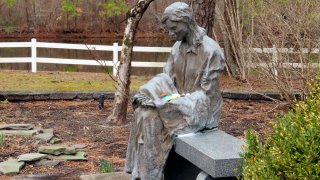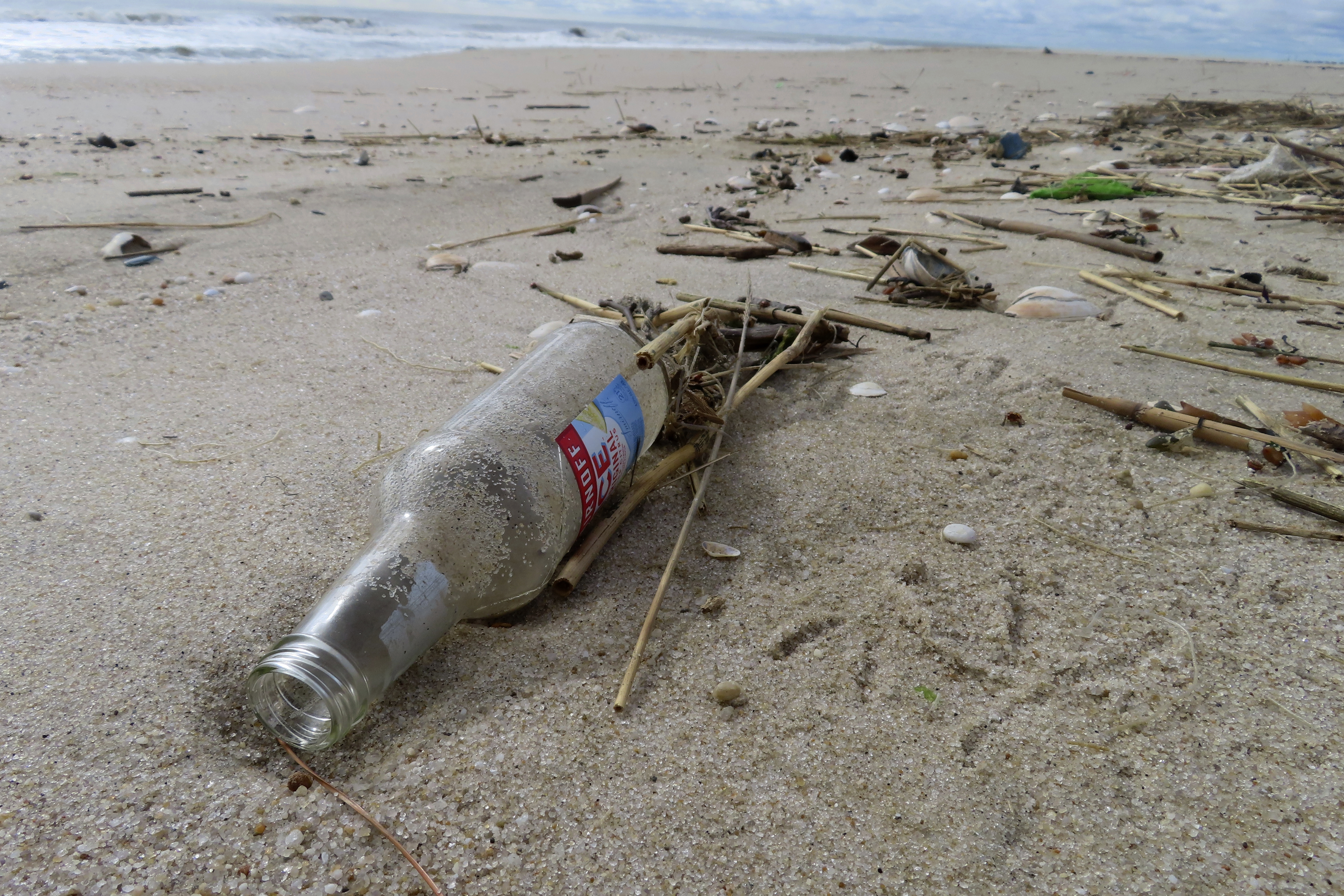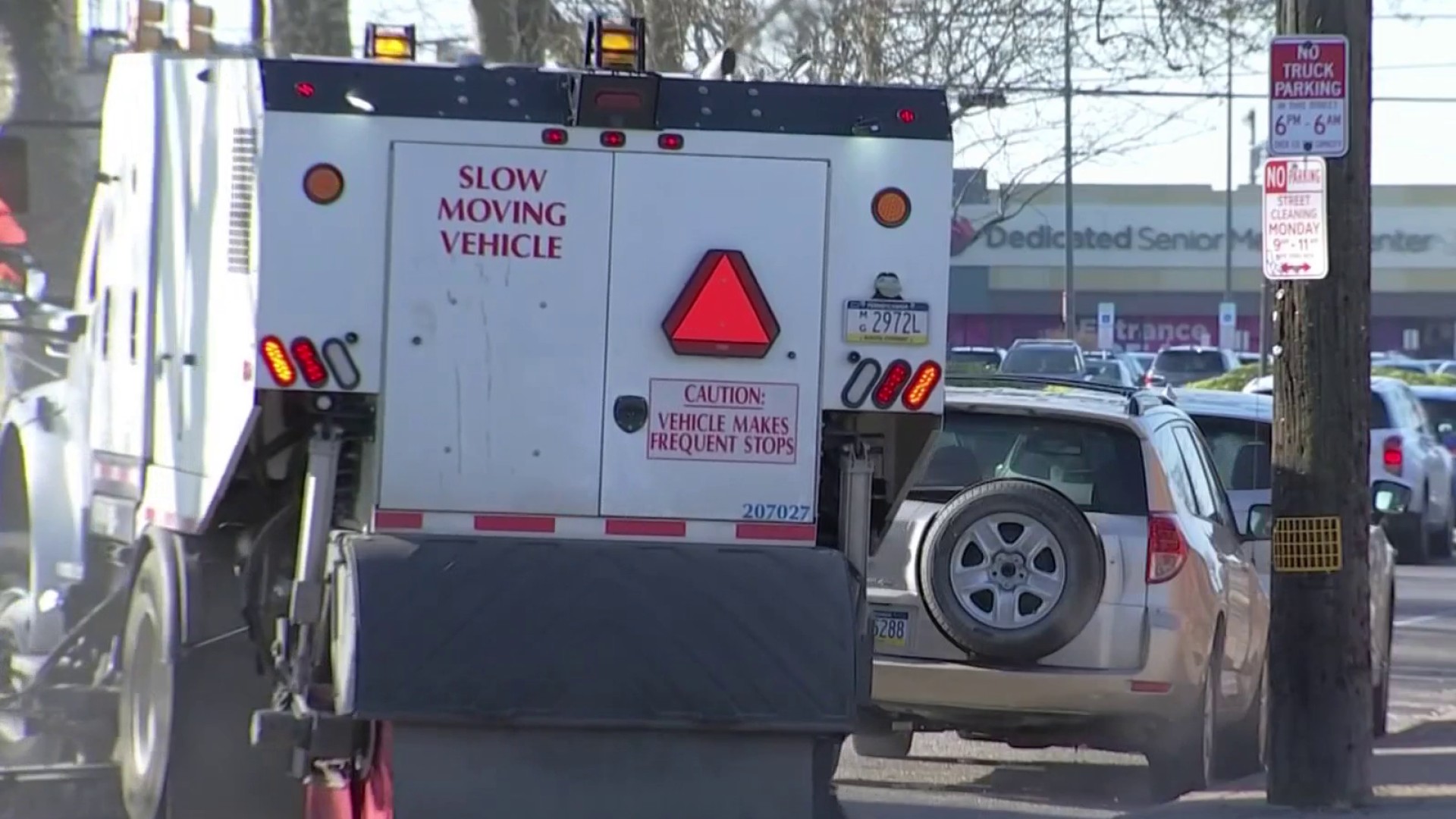
The former Ciba-Geigy chemical plant poisoned the ground and water in Toms River, New Jersey, where the rate of childhood cancer cases rose significantly in the 1980s and 1990s.
It was one of the nation's worst toxic waste sites, was added to the federal Superfund cleanup list, and still has a vast plume of chemically contaminated groundwater beneath it.
But state officials and the current owner of the site, German-based BASF Corp., think the fenced-off land, with some restoration work, could once again be fit for the public. Under a proposed settlement with New Jersey environmental regulators, BASF would carry out nine environmental projects including restoring wetlands and grassy areas; creating walking trails, boardwalks and an elevated viewing platform; preserving woodlands and building an environmental education center at a cost of about $30 million.
If two emotional public hearings are any indication, most residents of Toms River, an upscale Jersey Shore community about 55 miles (89 kilometers) north of Atlantic City, want the state to scrap the deal and start over.
Get Philly local news, weather forecasts, sports and entertainment stories to your inbox. Sign up for NBC Philadelphia newsletters.
In addition to a widespread feeling that the settlement fails to punish BASF for the conduct of Ciba-Geigy (something it is not designed to do), many residents still voice deep distrust not only of the company but of government as well, citing decades of neglect and lax oversight that allowed Ciba-Geigy to dump chemicals and dyes into the Toms River and directly onto the ground for years with impunity. As longtime environmental activist Peter Hibbard put it, “It was like they had a golden ticket to pollute.”
And during a hearing Monday that lasted nearly six hours, several residents said the site is too toxic — chemically and symbolically — to ever be used for anything again.
“Why not just re-wild the area?” asked Summer Bardier, whose uncle worked at the plant and would sweat the color of the dye he was working when he came home on hot days. "Why potentially cause other people to be harmed, exposed, injured and possibly killed? That land is off-limits now; people don't want to go back there.”
Green
“The public is not going to want to use this for passive recreation,” added resident Phil Solomon.
Sean Moriarty, a deputy commissioner with the New Jersey Department of Environmental Protection, grew up next to the Ciba-Geigy plant; he and his friends would hop the fence and play in the plant's woods, much to the dismay of his mother, a cancer nurse at the local hospital.
“I wouldn't stand here tonight in front of a place that I still say that I am from if I didn't personally believe in the settlement the DEP is proposing,” he said. In response to a question about whether he would build a house on the site and move his family there, Moriarty said he plans to bring his children to walk the trails once the projects are completed.
Starting in the 1950s, Ciba-Geigy Chemical Corp., the town’s largest employer, had been flushing chemicals into the Toms River and the Atlantic Ocean, and burying 47,000 drums of toxic waste in the ground. This created a plume of polluted water that has spread beyond the site into residential neighborhoods.
While it has been reduced in size, the plume remains, and cleanup efforts will need to continue for years.
Officials say Toms River’s water is currently safe to drink.
The state health department found that 87 children in Toms River, which was then known as Dover Township, had been diagnosed with cancer from 1979 through 1995. A study determined the rates of childhood cancers and leukemia in girls in Toms River “were significantly elevated when compared to state rates.” No similar rates were found for boys.
The company, which was charged criminally, has paid millions of dollars in fines and penalties on top of the $300 million it and its successors have paid so far to clean up the 1,250-acre (506-hectare) site — an ongoing effort with no end in sight.
The settlement announced in December aims to have BASF — the corporate successor to Ciba-Geigy — compensate New Jersey for the environmental damage done by decades of pollution. But instead of simply writing a check, the deal obligates BASF to preserve enough land to recharge groundwater that was polluted when Ciba-Geigy dumped chemicals into pits or directly onto the ground.
In a statement, BASF said it remains committed to the settlement, which has yet to be finalized.
“We look forward to preserving the land, implementing the planned restoration projects, and opening new possibilities to encourage recreation, learning and community engagement at the site,” company spokesperson Molly Birman said. She noted that the company continues to carry out its responsibility to treat groundwater at and near the site, which is separate from the proposed natural resources settlement.
In 1992, Ciba-Geigy paid $63.8 million to settle criminal charges that it illegally disposed of hazardous waste, and it and two other companies reached a $13.2 million settlement with 69 families whose children were diagnosed with cancer.
___
Follow Wayne Parry on Twitter at www.twitter.com/WayneParryAC



